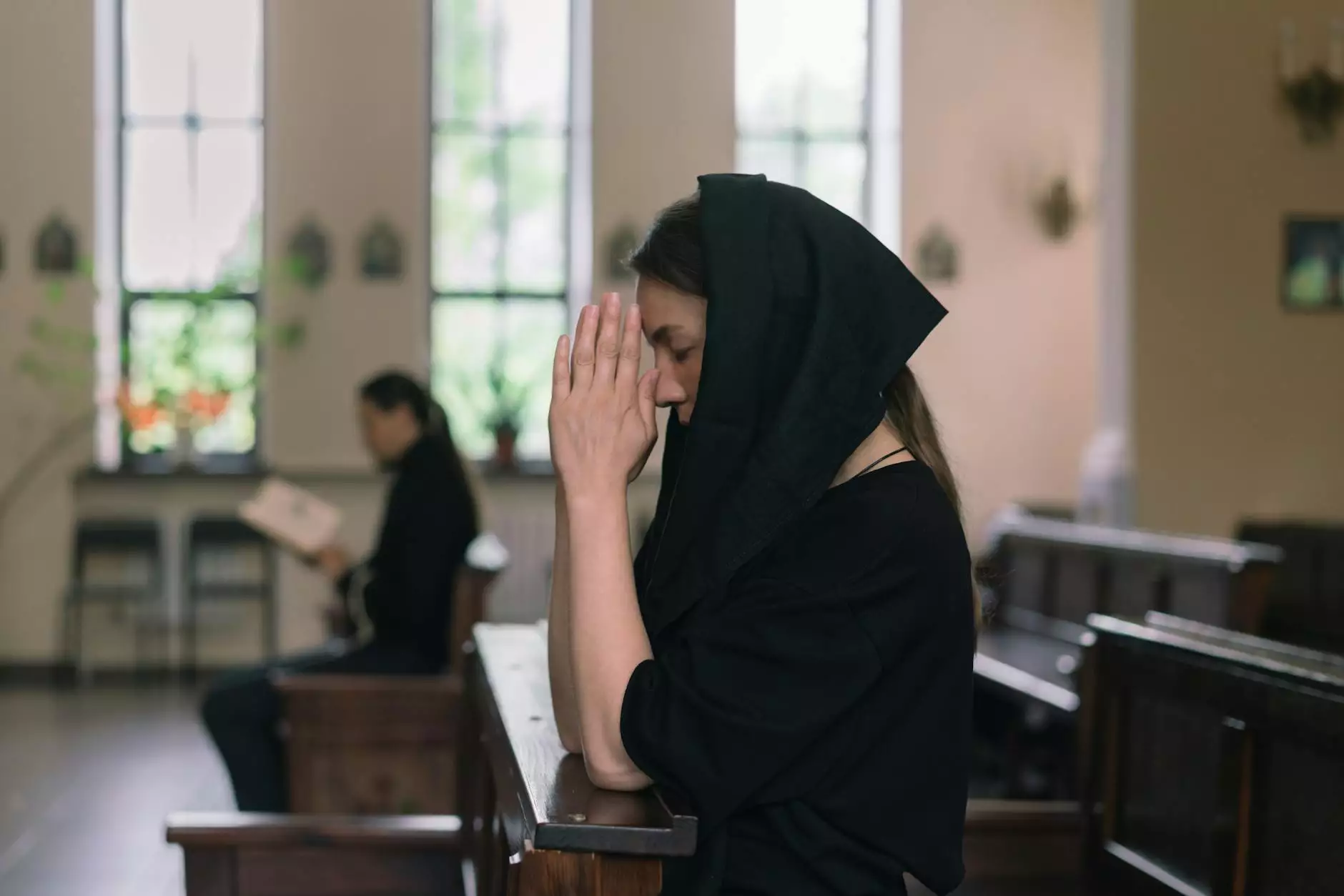Empowering Communities: Exploring the Significance of Synagogues, Religious Organizations, and Churches in Modern Society

Communities around the globe flourish through the ties that bind individuals together, and religious organizations, including synagogues, churches, and other spiritual institutions, are at the heart of this interconnectedness. These establishments serve as more than just places of worship—they are the bedrock of community engagement, support, and spiritual growth. In this article, we will delve into the intricate roles that these institutions play in shaping our societies, emphasizing their importance in today’s world.
The Role of Synagogues in Contemporary Society
Synagogues represent a vital aspect of the Jewish community, providing a space for worship, education, and fellowship. The word "synagogue" is derived from a Greek term that means "assembly," which underscores the importance of coming together.
Spiritual Accessibility and Growth
One of the primary functions of a synagogue is to provide spiritual guidance. These institutions are equipped to cater to various ages and demographic groups. Here are some ways synagogues facilitate spiritual accessibility:
- Religious Services: Most synagogues offer daily and weekly services, providing a consistent opportunity for individuals to engage in prayer and community worship.
- Educational Programs: Many synagogues conduct educational programs for both children and adults, promoting a deeper understanding of Jewish law, tradition, and culture.
- Support Groups: Synagogues often create support networks for members facing life challenges, from bereavement to personal crises, fostering a sense of belonging.
Community Engagement and Social Action
Beyond spiritual nourishment, synagogues actively participate in the broader community through various outreach programs and social action initiatives.
- Charitable Projects: Many synagogues organize charitable events, including food drives, fundraising for local shelters, and advocating for social justice.
- Interfaith Dialogues: To improve understanding among different faiths, synagogues often host interfaith events, fostering unity and cooperation among diverse communities.
- Cultural Celebrations: Synagogues serve as centers for cultural exchange, celebrating Jewish holidays and traditions that enrich community life.
The Impact of Churches on Their Communities
Churches, as essential institutions of Christianity, contribute significantly to individual growth and community cohesion. They provide a sanctuary for believers and seekers alike.
Worship and Fellowship
Churches manifest as hubs of worship, wherein members engage in heartfelt prayer, sermons, and songs of praise.
- Sermons and Teachings: Pastors and religious leaders play a critical role in delivering teachings that inspire moral living and personal development.
- Small Groups and Bible Studies: Many churches encourage participation in smaller gatherings for more intimate discussions on faith, accountability, and encouragement.
- Worship Services: Regular services provide a rhythm to life, drawing congregants weekly to reflect on their faith amidst a supportive community.
Social Services and Outreach Programs
The mission of many churches extends beyond personal salvation; they often embrace a call to serve the larger community.
- Food and Clothing Drives: Churches often mobilize to meet the physical needs of the underprivileged, providing essential support through donation drives.
- Marriage and Family Counseling: Many churches offer counseling services, enhancing family relationships and helping couples navigate life's challenges.
- Youth Programs: Churches typically implement programs to engage youth, providing mentorship and opportunities to develop leadership skills.
The Significance of Religious Organizations in a Diverse Society
Religious organizations are foundational pillars in a rich mosaic of societal fabric. They cater to various beliefs and serve multiple purposes.
Promoting Tolerance and Understanding
In a world marked by uncertainty and polarization, religious organizations play a critical role in promoting tolerance.
- Interfaith Initiatives: Many organizations engage in interfaith dialogue to foster mutual respect and understanding among different faiths.
- Community Events: By hosting community gatherings, these organizations encourage diverse groups to connect, collaborate, and explore shared values.
- Common Good Projects: Uniting various faith groups under common causes, such as humanitarian aid or environmental conservation, underscores the collaborative spirit of these organizations.
Fostering Personal Development and Fulfillment
Beyond communal responsibilities, religious organizations also emphasize individual growth.
- Spiritual Formation: Regular participation in religious settings encourages personal reflection and spiritual depth, allowing individuals to explore their beliefs.
- Leadership Training: Many organizations provide leadership training, empowering individuals to take active roles, be it in their community or within the organization itself.
- Crisis Support: In times of personal crises, religious organizations step in to provide support, guidance, and resources to help individuals navigate through challenging times.
The Future of Religious Institutions
The landscape of religious institutions continues to evolve. As technology advances and cultural norms shift, synagogues, churches, and other religious organizations adapt to meet contemporary needs.
Utilizing Technology for Outreach
Incorporating technology in outreach efforts has become essential for religious organizations:
- Online Worship Services: Many institutions have embraced live streaming to ensure that worship remains accessible to all, especially during difficult times.
- Social Media Engagement: Using platforms to share messages, activities, and community events helps maintain connection and engagement with congregants.
- Educational Webinars: Offering online classes and discussions helps broaden the reach of educational initiatives beyond local congregations.
Emphasizing Community Resilience
As they face modern challenges, religious organizations must focus on building resilient communities:
- Responsive Action Plans: Establishing action plans for emergencies, such as natural disasters, health crises, or community upheavals strengthens community response.
- Collaboration with Local Leaders: Forming partnerships with local government and other organizations enhances resource management and collective action.
- Creating Safe Spaces: By providing safe and welcoming environments, organizations contribute to mental well-being and community cohesion.
Conclusion: The Continued Relevance of Religious Institutions
In a rapidly changing world, synagogues, churches, and other religious organizations provide not just spiritual sustenance but also crucial community support and engagement. Their commitment to nurturing individuals and fostering connections is essential in aiding people to find purpose and belonging in an ever-evolving societal landscape.
The relevance of these institutions is not merely rooted in historical significance but rather in their vital role in building a better future for all. Whether through spiritual guidance, community outreach, or interfaith cooperation, these organizations continue to stand as beacons of hope and support in our communities. As we move forward, recognizing and embracing their contributions will enhance our collective journey towards understanding, tolerance, and fulfillment.
https://zion.nyc/








